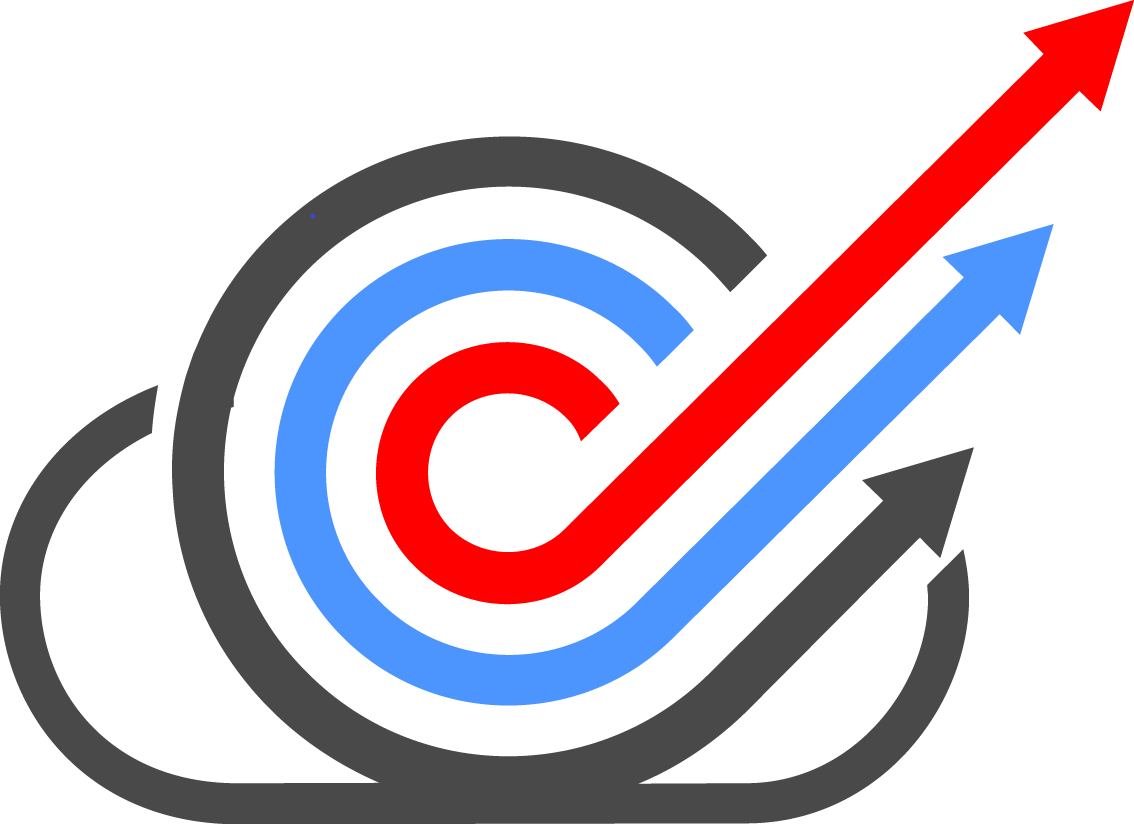Data Enrichment
Data Enrichment in the publishing industry refers to the process of enhancing, refining, and improving raw data to make it more valuable and useful. In publishing, this often involves augmenting existing data (like bibliographic records, author information, or user engagement statistics) with additional relevant details. These details can include metadata, contextual information, or audience insights.
For publishers, data enrichment can serve several key purposes:
Improved Content Discovery: By enriching data with better metadata, keywords, and tags, publishers can make their content more easily discoverable by readers and search engines.
Targeted Marketing: Enhanced data allows for more precise audience segmentation and targeted marketing efforts, leading to more effective promotion of books, journals, or articles.
Enhanced Reader Engagement: By understanding reader preferences and behaviors through enriched data, publishers can tailor their content and recommendations, leading to increased engagement and satisfaction.
Data-Driven Decision Making: Enriched data provides deeper insights into market trends, reader demographics, and content performance, aiding in strategic planning and decision making.
Content Personalization: Publishers can use enriched data to personalize content and recommendations to individual readers, increasing relevance and engagement.
In summary, data enrichment in publishing is about adding value to existing data to improve discovery, marketing, engagement, decision-making, and personalization, ultimately aiming to enhance the overall reader experience and business performance.
 Data Innovations
Data Innovations